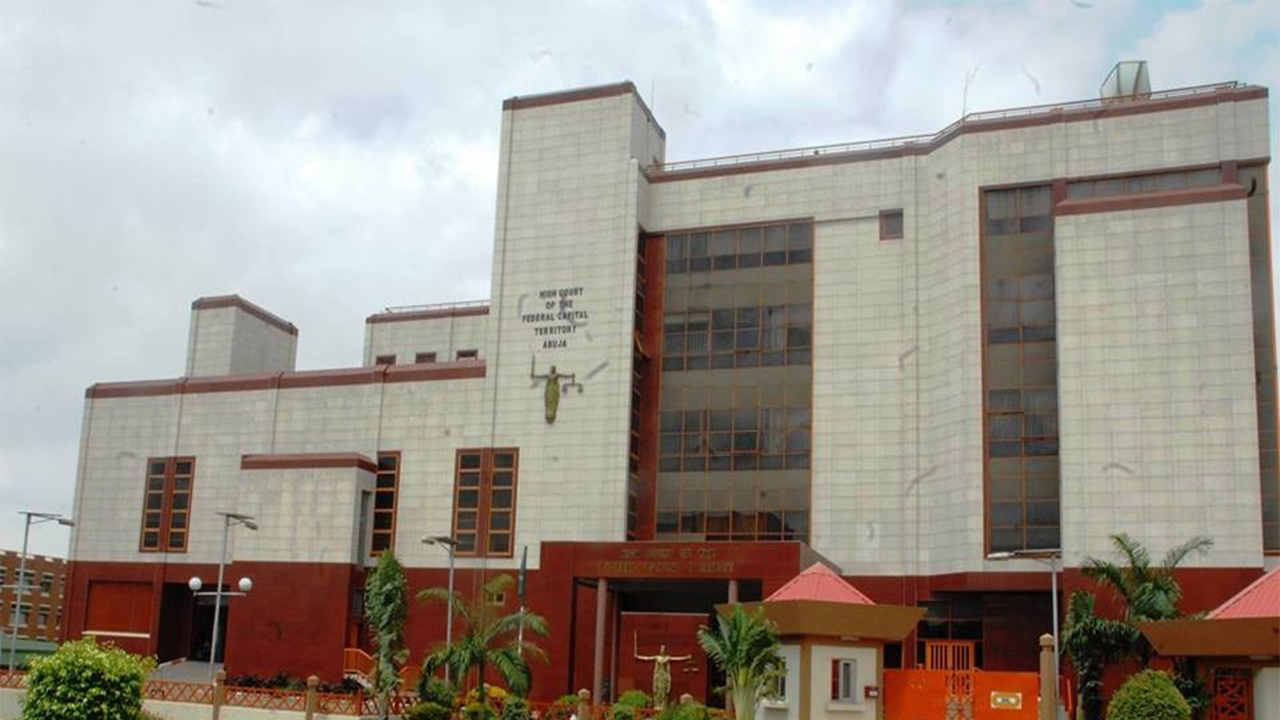
President Muhammadu Buhari had on March 13, 2018 refused to sign the bill into law, which sparked arguments as to whether or not the National Assembly would use its powers to override the President’s decision.
According to News Agency of Nigeria (NAN), Justice Ahmed Mohammed yesterday fixed the date after listening to arguments of both the plaintiff and the defendants.
Counsel to the National Assembly, the first defendant, Mr. Joseph Daudu (SAN), in his preliminary objection, argued that the court lacked jurisdiction to hear the matter on the grounds that its jurisdiction was not properly invoked.
He said the court could only have jurisdiction over the matter if the bill has become an act.
“No matter how it is construed, the Electoral Act Amendment Bill as at the day the originating summons was filed, up till date, is a bill, it becomes an act upon the happenings of two eventualities.
[related ids=”587897″]
“Where a president acting under provisions of Section 58 (4), assents to the bill, it then becomes an Act of the National Assembly.
“Where he refuses to assent under Section 58(5), the bill is returned to the National Assembly for use of their powers to override.
“At that point, it remains a bill because there is no guarantee that they will muster the required two-thirds majority to veto it,” he stated.
Daudu said that it was only where the National Assembly successfully used its power to over-ride the President’s veto and transform the bill to an act that the jurisdiction of the court over it would be ignited.
He further argued that there was no certificate of registration before the court to show that the Accord Party was indeed a political party as it was claiming to be.
Arguing for the second defendant, the Attorney-General of the Federation, Mr. Abubakar Malami (SAN), aligned himself with the submission of Mr. Wole Olanipekun (SAN), counsel to the AP.
However, counsel to the Independent National Electoral Commission (INEC), the third defendant, Mr. Femi Falana, however, argued that the AP was a political party duly registered by the electoral body.
He submitted that the party contested in the last election in the country and won seats in the parliament.
Olanipekun (SAN) maintained that legislative powers began when a bill was introduced in parliament and ended when it was transmitted to the President.
He said the court had the jurisdiction to hear the matter and urged the court to dismiss Daudu’s preliminary objection and grant the reliefs his client sought.
Justice Mohammed adjourned the matter till April 25, 2018 to deliver judgment.
The plaintiff, Accord Party, had approached the court with a motion seeking an order restraining the National Assembly from taking action or actions on the Electoral Act (Amendment) Bill, 2018.
The plaintiff is claiming, against the defendants, a declaration that INEC is the only body constitutionally vested with the powers to organise elections to the offices of the President and Vice President of Nigeria.
It also has powers to organise elections to the offices of governor and deputy governor of a state, membership of the Senate, the House of Representatives and the House of Assembly of each state, including fixing or assigning dates for the said elections and the sequence of same.
[ad unit=2]



